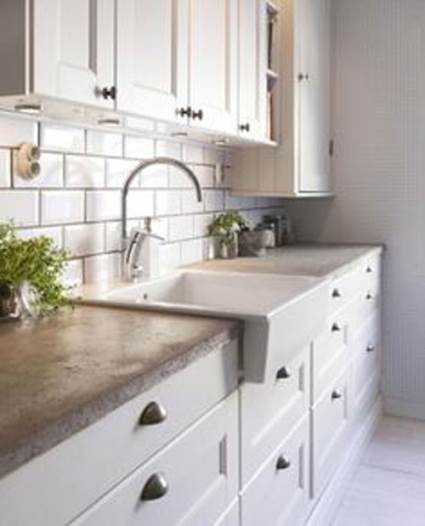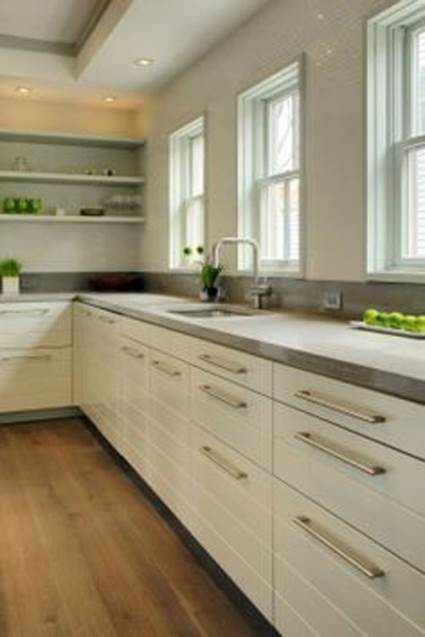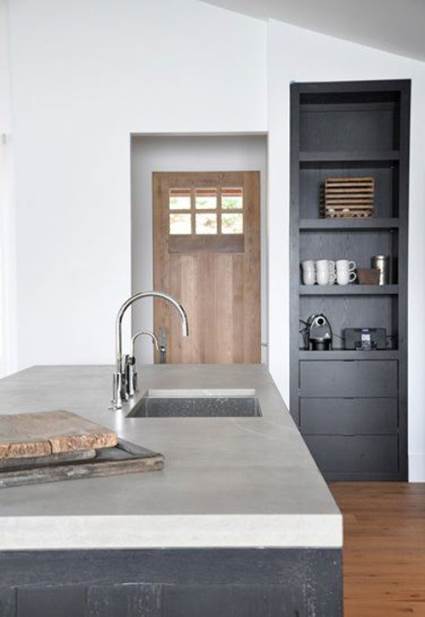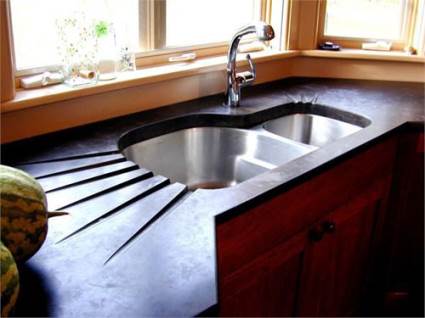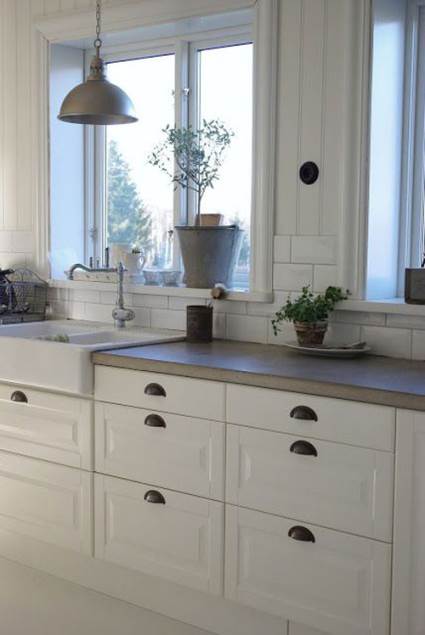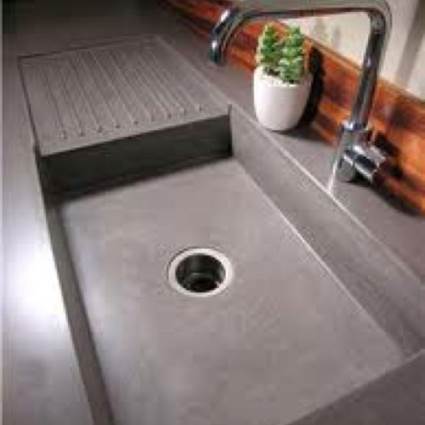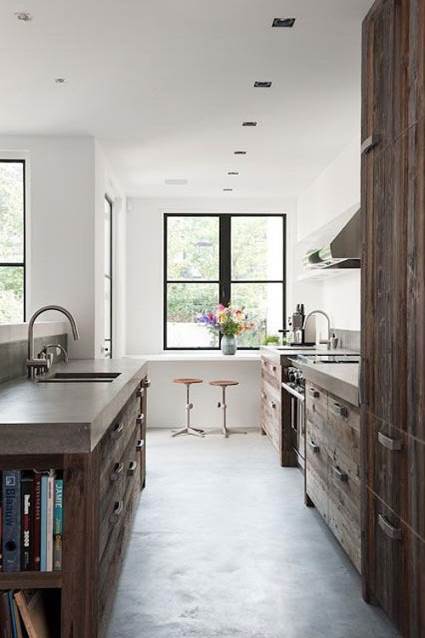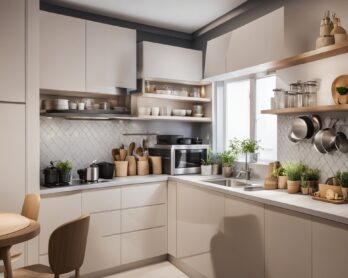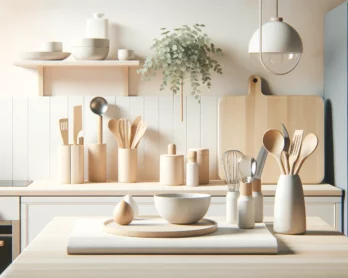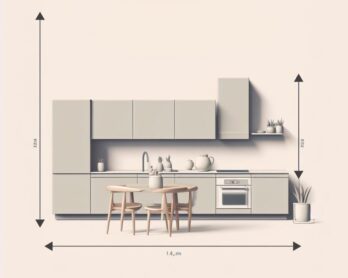More and more people are choosing for a concrete countertop. It doesn’t only look good, it’s also very durable. For those of you who are still hesitating about the materials for your countertop, this article might come in handy.
Benefits of concrete countertops
Concrete countertops are very versatile. Each counter is literally one of a kind because it is precast in molds fit to the customers’ specifications or cast on-site. This means that designers and homeowners can have a much greater degree of creativity compared to some other materials.
A lot of people still think concrete is boring. That’s definitely not the case. Concrete comes in a wide variety of colors and finishes and offers other decorative advantages as well. You can even embed decorative elements such as tiles or mosaics. That’s why concrete countertops can be used in both traditional and modern kitchens.
One of the most important benefits of concrete countertops is the durability. They are extremely strong and durable. Concrete can also resist heat and scratches with ease. Finally, concrete is more environmentally friendly than laminates and quarried stone.
Disadvantages
Concrete countertops must be finished and sealed in order to resist stains and water damage. A regular waxing (every six months) is recommended. The relatively long lead time (approximately 4 to 6 weeks) can also make consumers choose for another material. Additional support might need to be installed, because – depending on the size of your countertop – concrete can be heavy.
Concrete inspiration
Still not sure if you should get a concrete countertop? Perhaps these photos will change your mind:
